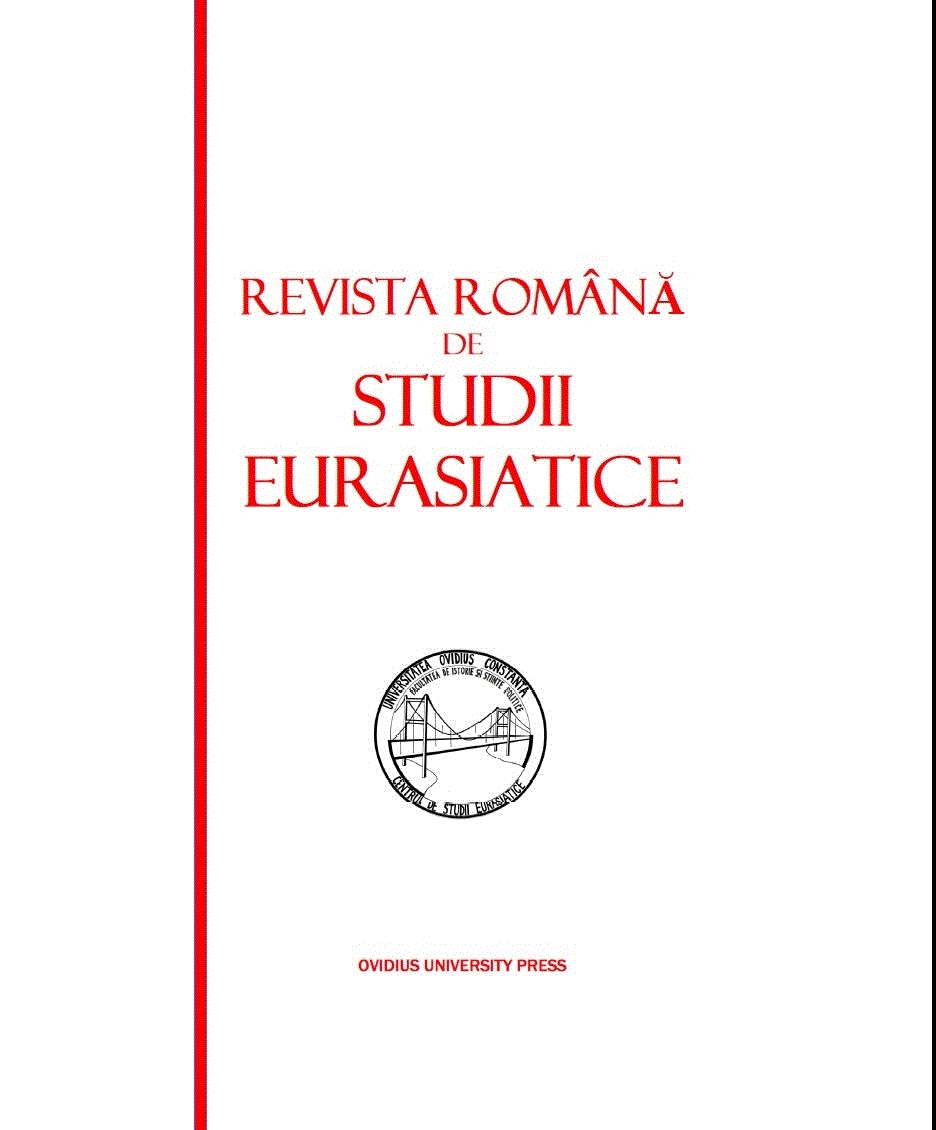TURKEY BETWEEN MIGRATIONS: SOCIAL AND POLITICAL ASPECTS OF THE PHENOMENON
TURKEY BETWEEN MIGRATIONS: SOCIAL AND POLITICAL ASPECTS OF THE PHENOMENON
Author(s): Adrian Basarabă, Iris MihaiSubject(s): History
Published by: Ovidius University Press
Keywords: Turkey, migration, integration, policy areas, cohesion.
Summary/Abstract: During the past century, migration has been one of the most important phenomena that has shaped European societies at social, economical, cultural and political level. Migration has been a challenge for the cohesion policy and for the member states who struggle to integrate migrants. Turkey has had a very complex migration phenomenon, which can be divided into 4 stages starting with the foundation of the modern Turkish state in 1923. Each stage has specific characteristics which have influenced both the individuals that have been a part of the process and also the society as a whole. At the beginning, Turkey was considered to be solely a country of origin, but during the past years it has become also a country of destination. At the moment, Turkish people represent the biggest migrant community from Europe, fact which has led to anti-migrant drives.
Journal: Revista Română de Studii Eurasiatice
- Issue Year: 10/2014
- Issue No: 1+2
- Page Range: 121-132
- Page Count: 12
- Language: English

